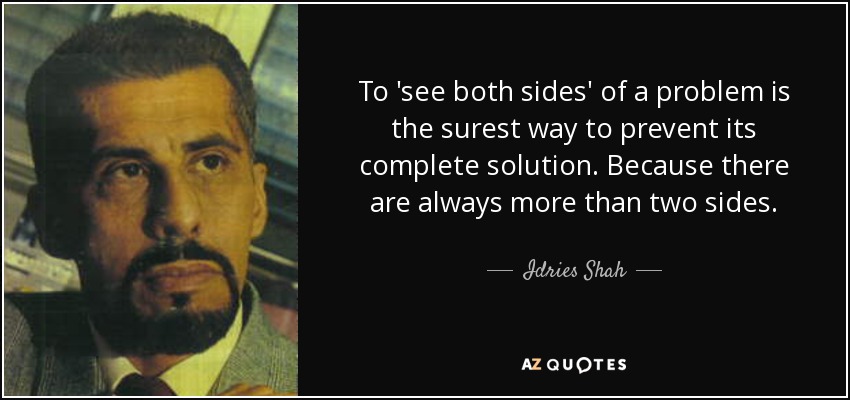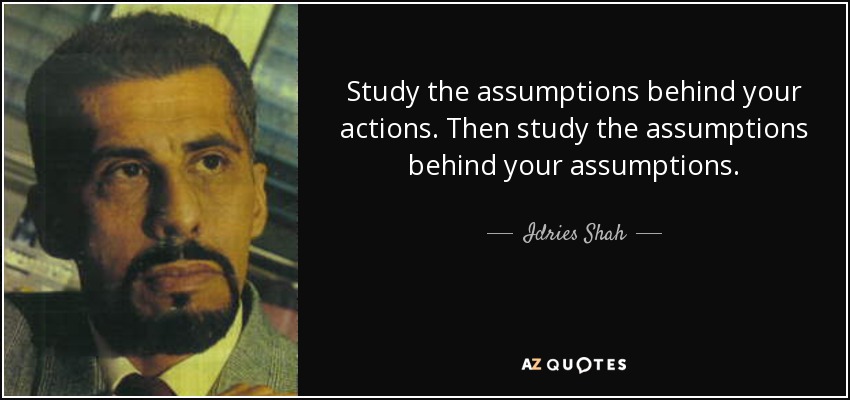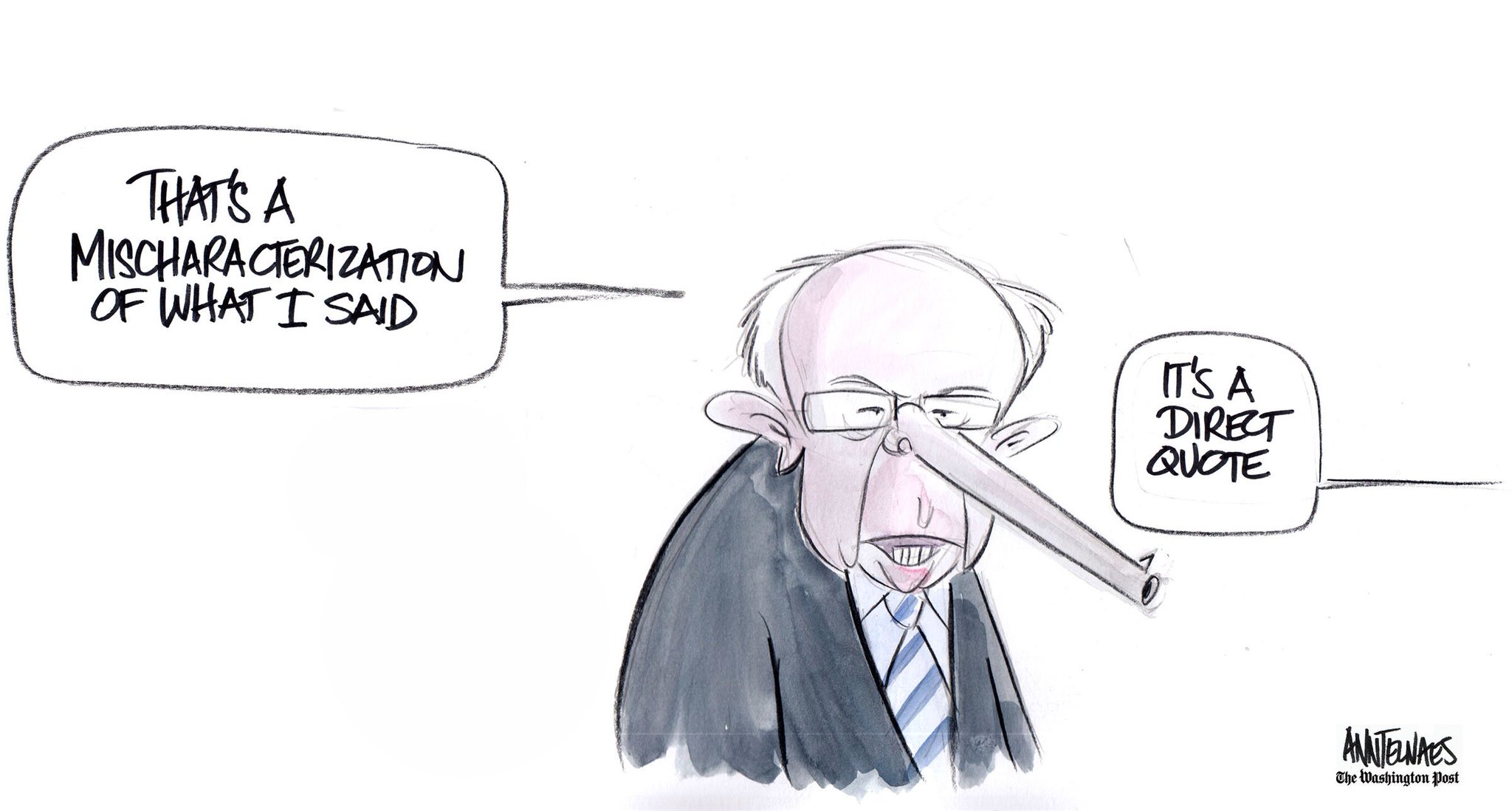About a year or a little more ago, I noticed that blog and Twitter friend, and fellow Massimo Pigliucci reader Shem the Penman was regularly commenting on a blog called Another White Atheist in Columbia.
I wound up adding it to my blogroll. But, in the last
three-four months or so, M.L. Clark’s thoughts have become more “miss” than
“hit” to me.
And, the most recent post, The Secular-Humanist Danger of
“Proof, or It Didn’t Happen,” is definitely the most disconcerting.
I see basically two main issues with it. One is that Clark,
in criticizing non-humanist atheists for having too many easy hot takes on
religious fundamentalists and encouraging non-polarity actions, is herself
setting up a new polarity. The other is that the post has a general incoherence
throughout its fairly long length. And, as I write this out further, I’m
thinking that was part of the problem she has with previous posts. They’re too
long, and not so much too long per se, but too long while losing a focus or a
central train of thought.
With that, let’s dig in.
She first claims to have divined “the reason” behind the
fundamentalist or conservative evangelical type saying they know god is speaking
to them, and feels no reason to dismiss this ultimate reason.
I don’t tend to go to that extreme, though, because I find it much easier to address the underlying concern of people who ask this question. What they’re really asking, after all, is far more humanistic: Don’t you believe me? Don’t you believe my experience of the cosmos? Don’t you find value in what I perceive to be the state of our shared reality?"
IMO, the fundamentalist version of a believer, at least, is
NOT asking that.
To which I say that’s not the case, or it’s certainly not
always the case.
They are asking: "Don't you believe me and my experience
of the cosmos which I know is true because an omnipotent, omniscient being
told me?"
That’s MUCH different.
And, no, I don’t believe you because of your stated or
implied reasons for why you’re saying this.
And per the last rhetorical question? No, not even when
they're family. Which they are, since unlike her, I'm not a "born
atheist."
I'm not a Gnu Atheist and in part because of them, don't
normally use the word "atheist" to describe myself. But, I'm not a Kumbaya type of secular humanist, either. I have no need to go out of my
way to denigrate religious beliefs. AND I have no need to go out of my way
to turd-polish such beliefs either. (That's a riff on President Kumbaya, also
known to me as Dear Leader, the previous occupant of the White House.)
I can, as necessary, compartmentalize how I interact with
such others. That means not sharing that part of their reality, so your last
rhetorical question simply doesn't fly with me. I have no need to call it a
"figment of their imagination" to simply not accept it.
==
Then this:
But when we say that, we’re being disingenuous: treating divinity as an invisible friend, when the neuroscience says something much more fascinating. If “God” is a tool that can enhance our inner convictions–give us a bolt of courage, or clarity, when it comes to our instincts–then there are good reasons for its persistence in our species.Well .... first, neuroscience says all sorts of things. Doesn't mean they're true. In fact, lots of stuff currently peddled with a "neuro-" prefix is pseudoscience. Ditto for evolutionary psychology and its application to the growth of religious believe across the developmental history of Homo sapiens. And it ain't just me who says so.
I think you're using that "if" as a rhetorical
device. I think it's better used as an actual "if." Much better used.
We will never know or even come close to knowing exactly how and why religious
belief developed. Even if the big picture of its start is right, internalizing
a combination of agency imputation and pattern detection, that's far shy of God
being a tool to enhance our inner convictions.
After all, many prayers are not for courage, or other
emotional or moral gifts. They're for success in the hunt, a new job, and other
quite materialistic issues.
==
Then this:
However, we secular humanists also have to recognize that we give this ammo away when we, too, practise a complete dismissal of other human beings’ subject-positions.
That, and your phrasing of the two-part option that follows
doesn't recognize that you yourself may be setting up and holding to a similar
two-part option.
As for how you apply this to politics-based social justice
here in Merika, since I'm not a member of either duopoly party, that doesn't
apply to me. Tis true that few Merikuns operate outside the polarities of the
duopoly box, but some do. (Beyond that, I already know that women can, have,
and do lie about sexual abuse claims. And, when it comes to sexual abuse of one
adult by another, and even more, child sexual abuse? Women can be abusers just
like men. Gays and lesbians can be abusers just like straights.)
Beyond that, I think it's in a sense weak tea to transition
from this broad "we give this ammo away" to such a narrowly focused
follow up.
Tying this back to your two-part option? I am going to
situationally assess fundamentalist / conservative evangelical claims different
from others' claims as a starter. And no, that doesn't mean I'm playing on his
or her turf. Basically, you're coming close to your own two-option polarity by
seeming to indicate that there's only one way of not playing on their turf.
Wrong in spades, overall.
Rather than engaging in repeated battle, I can have a
one-off conversation with a fundy. If it's online rather than meatspace, if
they don't appear amenable to pouring their Humean passions into the filter of
reason, then I move on. Including muting, blocking or whatever. See, that's a
third way right there. Or I can go a second step down the road if I see a
crack, but then cut things off whenever needed.
All of this applies to general political discussion with the
far right. And many other things.
Finally, a lot of good psychological research says that
empathy isn't the blanket good that you seem to postulate it is. And, that ties
back to my “Kumbaya humanist” comment above.
At this point, it's time to close with old friend Idries Shah:








